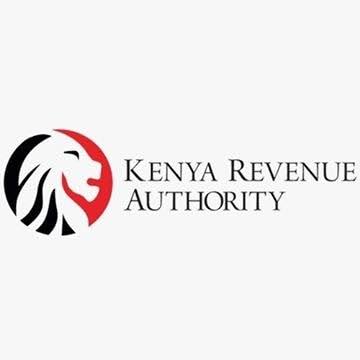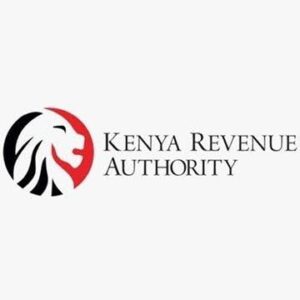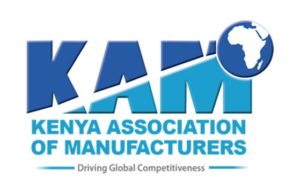The Kenya Revenue Authority (KRA) has temporarily suspended its tax on bottled water, juices, soda and other non-alcoholic beverages and cosmetics as well.
According to the budget speech read by the former Treasury Cabinet Secretary (CS); Henry Rotich in June 2019, the listed goods, whether imported or manufactured locally, were to have excise stamps attached to them starting from Saturday, the 1st of September 2019.
However, a notice on the Kenya Gazette which was initially intended to impose the excise stamps was later suspended at the weekend, and is already being seen as a huge relief for both consumers who are burdened by heavy taxation and manufacturers who have been battling with high costs of doing business.
The Kenya Revenue Authority (KRA) had earlier on stated that extending the use of excise stamps to the non-alcoholic sector was as a result of the need to effectively address concerns regarding unregulated products and to also enhance revenue collection.
If the tax had been imposed, it would have raised the cost of the goods affected, by between 50 cents and 2.80 Kenyan Shillings per bottle an increase which would have raised the cost of the goods, and also spiked up inflation, while increasing production costs as well.
The Kenya Revenue Authority (KRA) has made it known that while it has suspended the tax, the move is however a temporary decision which is intended to give manufacturers time to install the neccessary infrastructure needed to adequately support the system.
The Kenya Revenue Authority (KRA) said via a notice published in newspapers over the weekend that, “KRA informs manufacturers, importers and the public that the Go-Live of Excisable Goods Management System (EGMS) on bottled water, juices, soda, energy drinks, non-alcoholic beverages, food supplements and cosmetics that was scheduled for 1 September 2019 has been postponed to allow manufacturers to complete installation.”
The move comes as the Kenya Revenue Authority (KRA), gears up to seal revenue leakages in the midst of the ever higher collection targets which have been set by the Treasury.
In the past, attempts by the Kenya Revenue Authority (KRA) to roll out the system failed as a result of its implementation being opposed in court.
The Kenya Revenue Authority (KRA)’s Commissioner for Domestic Taxes; Elizabeth Odundo Meyo, had earlier on stated that the agency was engaging with manufacturers for a smooth roll-out of the system.
According to Elizabeth Odundo Meyo, “KRA will carry out sector-based and general public participation fora on EGMS. The fora will target licensed manufacturers, importers, distributors and retailers of bottled water, juices, soda and other non-alcoholic beverages and cosmetics.”
The Kenya Association Of Manufacturers (KAM) has stated however, that the system would be ineffective in addressing the tax evasion practices which the Kenya Revenue Authority (KRA) is looking to tackle.
The Chairman of the Kenya Association Of Manufacturers (KAM) Sachen Gudka said, “Whilst the EGMS seeks to combat illicit trade and authenticate excisable goods, the implementation of the system will have a negative impact on industry by raising operating costs and capital expenditures, thereby significantly increasing the cost of doing business, which ends up raising the cost of living for Kenyans.”
The Treasury expects the Kenya Revenue Authority (KRA) under its new Commissioner-General James Mburu, to collect 1.938 trillion Kenyan Shillings in taxes and other revenues in the current financial year (2019).
The tax collector in 2019 collected 1.58 trillion Kenyan Shillings against a target of 1.81 trillion Kenyan Shillings.




